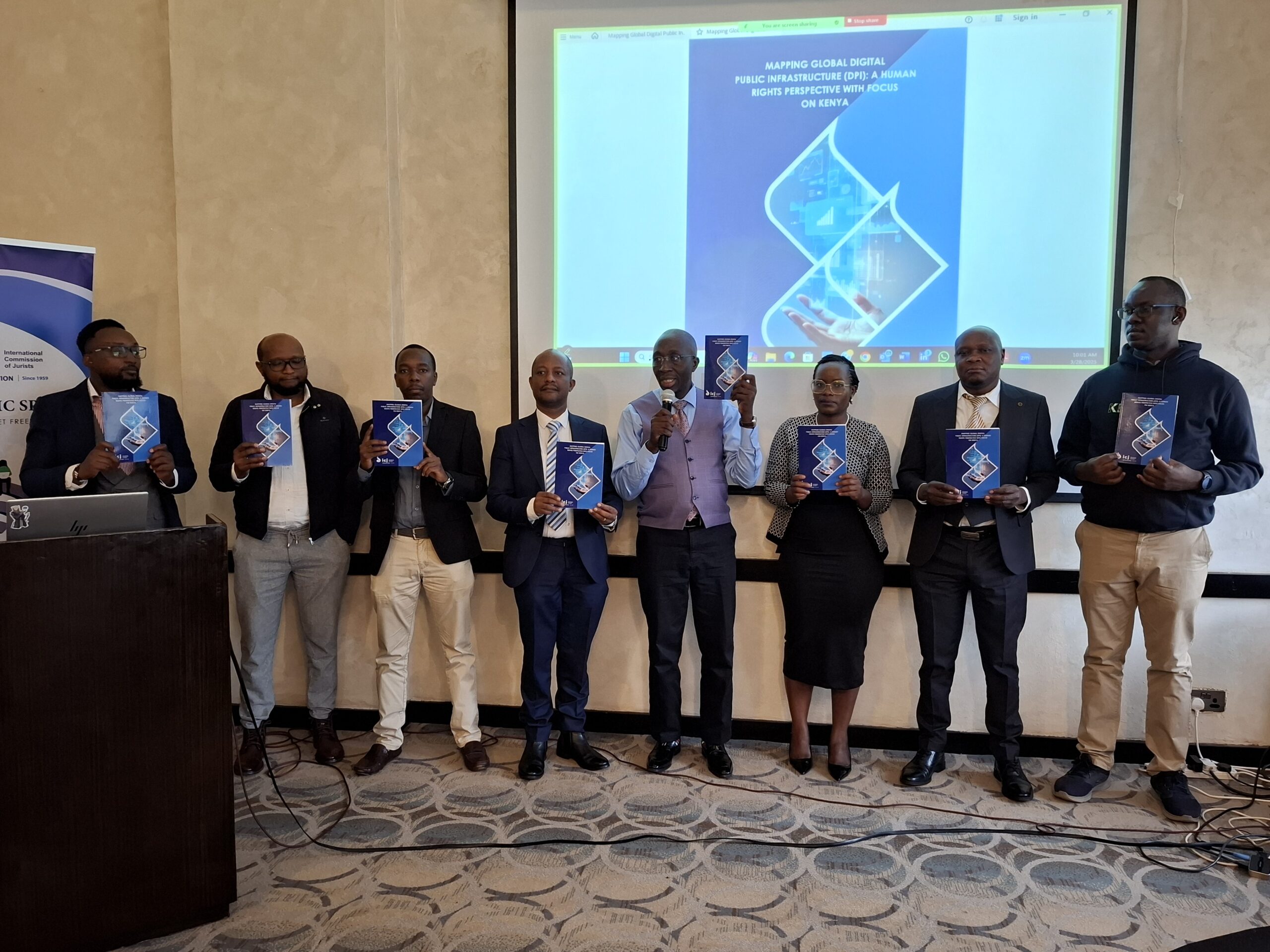NAIROBI, Kenya – On 27 January 2025, a Chinese startup announced a free chatbot model called Deepseek R1. It was said to be as good as, if not better than, ChatGPT in math, coding, and natural language reasoning. Deepseek R1 has joined the competition against larger, billionaire-backed AI companies known for their generative AI systems, including OpenAI, Microsoft, Google, and Anthropic.
According to IBM, generative AI is a deep-learning model that creates high-quality text, images, and other content based on the vast amounts of data on which it has been trained. Scholars and policymakers are anxious about AI’s potential for spreading disinformation and misinformation, bias and discrimination, and violations of data protection and intellectual property.
The biggest surprise about Deepseek is that the developers have reported that it was developed for under 6 million dollars in under two months. This overturns the belief that AI development is immensely expensive, justifying the billions of dollars invested in cutting-edge computer chips, data centres, and energy, which caused demand and increased stock value for AI companies. For example, Meta had planned to use 65 billion dollars on AI in 2025.
This achievement has sparked both awe and concern, as China accomplished it without access to the latest computer chips and semiconductors due to a ban on their sale imposed by the USA. As a result, the Deepseek developers had to find a way to work around this limitation by using older chips while maintaining higher efficiency. Also, Deepseek is open-source software publicly available for download, use, modification, and distribution. This allows others to utilise the model, potentially making it a global standard if it gains popularity.
Since the announcement, Nvidia and other tech companies have lost a trillion dollars in the stock market, with Nvidia responsible for half of that. Meanwhile, Deepseek has overtaken ChatGPT as the most downloaded app on both Apple and Android platforms.
Deepseek has also solidified China’s place as a force to reckon with in the AI race, shattering the USA’s perceived hegemony in AI development. If China is currently number two to the USA, as many believe, it is shrinking the gap faster than anyone imagined. This might usher in an exciting China-USA AI race akin to the nuclear arms, the space race or the aviation race during World War 1, 2 and the Cold War likely to spar innovation.
When OpenAI released ChatGPT in November 2023, it was a watershed moment in the technology revolution and innovation that could potentially change how human beings conduct themselves, including education. Today, many understand that large language models have been trained on billions of texts on the Internet and programmed to learn which words are most likely to follow other words in a sentence about any subject, enabling them to release life-like results.
So far, these systems have been known to hallucinate or provide information not based on facts, merely reflecting back to us stuff that is already on the internet. Bots don’t know the difference between a scientific publication, poem or a short story, and they can draw inspiration from any content, thus making it bad for academic research, for example. Yet chatbots always present what they are saying as truth.
In the long term, there are concerns that chatbots will diminish our ability to learn, research, and employ critical thought. Unlike the open web searches we are accustomed to, which provide us with the results we query, leaving it to us to choose what to read and believe.
With the USA-China AI race underway, the safety and responsible development, design, and deployment of AI may likely take a back burner. This week, Google reneged on an ethical pledge not to develop AI for weapons and surveillance. Another concern is that this technology is controlled by a small group of billionaires who may not prioritise the world’s best interests.
As such, many argue that it is time to set up rules of engagement regarding the development, design, and deployment of AI, whereas critics say that regulation may stymie innovation. Nevertheless, Kenya must invest in cheap and reliable electricity, computer engineering literacy, and digital public infrastructure to benefit from the inevitable AI revolution, as outlined in the published draft of the National AI Policy.
Demas Kiprono is the Deputy Executive Director ICJ Kenya. This article was first published on the Daily Nation Newspaper.











